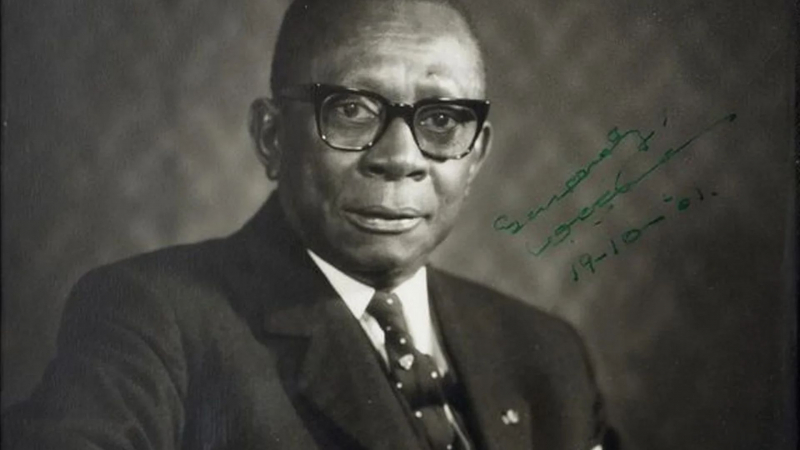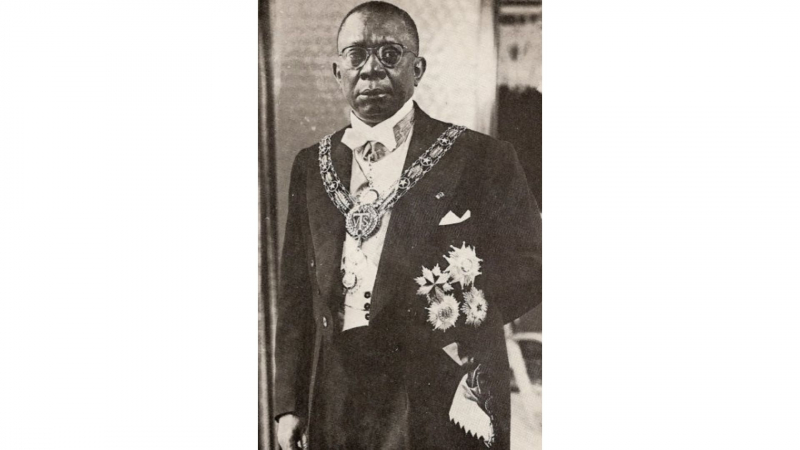William Tubman
Liberian statesman William Vacanarat Shadrach Tubman lived from 29 November 1895 to 23 July 1971. He was the country's longest-serving leader, holding office from 1944 until his death in 1971. He was Liberia's 19th president and considered as one of the most important historical figures in Liberia. Insofar as the country's infrastructure and economy were modernized during Tubman's leadership, the country is known as the "father of modern Liberia." Liberia had prosperity when he was president. In an attempt to lessen the social and political divisions between his fellow Americo-Liberians and the native Liberians, he also promoted national unification.
In the 1930s, when Tubman was nominated to the Supreme Court, Liberia was severely underdeveloped and lacked the most basic transportation, sanitary, and rail facilities. As the economy grew, Tubman helped the government raise funds to build and update infrastructure. As a result, Monrovia's streets were paved, a public sewage system was put in place, 24 hospitals were built, 8 hospitals were established, and a literacy program was started in 1948. Several thousand kilometers of roads were constructed during Tubman's presidency, along with a railway system that would transport iron from the mines to the coast for export. In order to promote trade, he turned the Port of Monrovia into a free port during this time. Early in 1960, Liberia entered its first period of prosperity, in part because of Tubman's policies and economic initiatives. At a time when other nations were gaining independence, often in the midst of violence, Tubman came to be seen as a pro-Western, stabilizing force in West Africa. Many Western politicians courted Tubman in the 1960s, most notably American President Lyndon B. Johnson.






